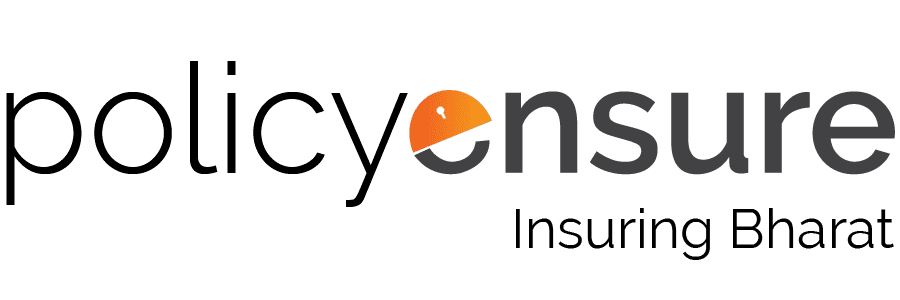How an Insurance Advisor Near You Can Help Protect What Matters Most
When it comes to safeguarding your future and ensuring the well-being of your loved ones, choosing the right insurance coverage is crucial. Whether it’s securing your family’s financial future with a life insurance policy or finding the best health insurance plan for your specific needs, an insurance advisor near me can be an invaluable resource.
In this blog, we will witness how these professionals can help protect what matters most to you.
Personalized Guidance Tailored to Your Needs
One of the key benefits of consulting with an insurance advisor near me is the personalized guidance they offer. Unlike generic online advice, a local insurance advisor can meet with you face-to-face, understand your unique circumstances, and recommend policies that best fit your needs. This tailored approach ensures that you are not underinsured or overpaying for unnecessary coverage.
Expertise in Life Insurance Policies
A life insurance policy is a crucial part of any comprehensive financial plan. It provides a safety net for your loved ones in the event of your untimely demise. An experienced insurance advisor near you can help demystify the various types of life insurance policies available, such as term life, whole life, and universal life insurance. They can explain the pros and cons of each, helping you choose the policy that aligns with your financial goals and family’s needs.
Navigating the Best Health Insurance Plans
Healthcare costs are rising, making it more important than ever to have a robust health insurance plan. Finding the best health insurance plan can be a daunting task with so many options and variables to consider. A local insurance advisor can simplify this process. They have in-depth knowledge of the plans available in your area and can help you compare benefits, premiums, deductibles, and network providers. Their expertise ensures that you select a plan that provides comprehensive coverage without breaking the bank.
Maximizing Your Budget
Budget is often a significant concern when purchasing insurance. An insurance advisor near you can help you find the most cost-effective solutions. By assessing your financial situation and long-term goals, they can recommend policies that offer the best value for your money. They can also alert you to any discounts or bundling options that might be available, further maximizing your savings.
Local Knowledge and Accessibility
Choosing an insurance advisor has the added advantage of local knowledge and accessibility. Local advisors are familiar with the specific insurance requirements and regulations in your area. They can provide relevant advice that aligns with state laws and local market conditions. Furthermore, their proximity means they are readily available for consultations, policy reviews, and claims assistance, providing you with ongoing support and peace of mind.
Building Long-Term Relationships
An insurance advisor is not just a one-time consultant but a long-term partner in your financial journey. They can help you adapt your insurance coverage as your life circumstances change. Whether you experience a significant life event like marriage, the birth of a child, or retirement, your advisor can adjust your policies to ensure continuous and adequate protection.

Conclusion
Protecting what matters most requires more than just selecting any insurance policy; it requires choosing the right one. An insurance advisor offers personalized, expert guidance that can help you navigate the complexities of insurance. From selecting the perfect life insurance policy to finding the best health insurance plan, their local expertise and commitment to your well-being make them an indispensable ally. Investing time in finding a trustworthy insurance advisor near you is a step towards securing a safe and prosperous future for you and your loved ones.
By working with a local advisor, you ensure that you are not just purchasing a policy but investing in protection tailored to your unique needs. So, don’t wait—find an insurance advisor near you today and take the first step in protecting what matters most.





















